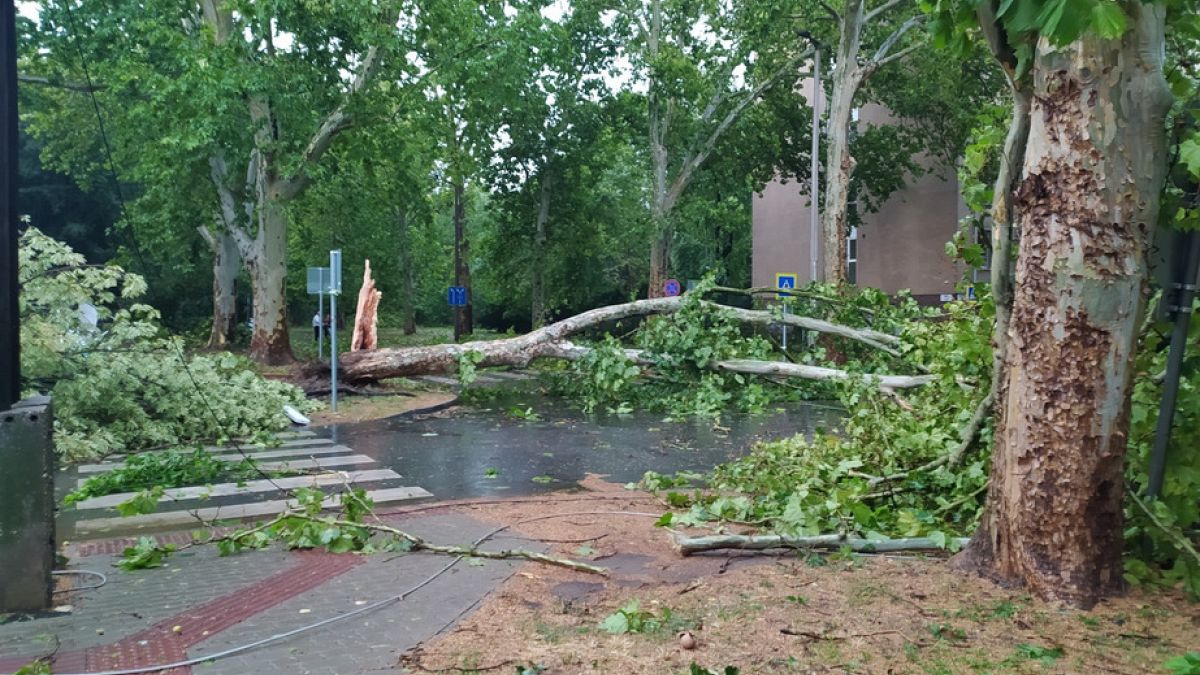FORT SMITH — Anyone looking to set up a place to mine cryptocurrency such as Bitcoin in the unincorporated parts of Sebastian County will have to make sure their facility won’t disturb the people living there.
The Quorum Court voted 12-0 at its meeting Tuesday to approve an emergency ordinance to limit the amount of external noise data centers can produce. It took effect immediately.
Valeria Robinson, who represents Sebastian County’s District 8, was absent.
County Judge Steve Hotz confirmed after the meeting he isn’t aware of any plans for a data center in Sebastian County at this point.
“We’re just trying to be ahead of the game, and we’re not opposed to one, but we just want to make sure they are not a nuisance to the people that would be around them,” he said.
‘A nonstop train or jet’
Hotz said data centers can produce significant noise unless they’re built properly. He cited one such center around Vilonia in Faulkner County as an example, noting the county judge there — Allen Dodson — confirmed it’s something “you don’t want in your backyard.”
“In his words, it sounds like a nonstop train or jet in the area,” Hotz wrote in a letter to the Quorum Court included in the meeting packet.
Hotz wrote the centers are typically mining data for activities related to cryptocurrency. He said they’re so noisy because the computers they house use large amounts of electricity, which generates a proportional amount of heat that, in turn, requires the systems be cooled constantly with “cooling towers” using water and fans.
The Arkansas Legislature passed Act 851, the Arkansas Data Centers Act of 2023. It takes effect Aug. 1 and lays out regulations a “digital asset mining business” has to follow to operate in the state.
The act also contains a section prohibiting discrimination against these businesses by local governments. This includes enacting or adopting an ordinance, policy or action that limits the sound decibels generated from home digital asset mining — meaning the mining of digital assets such as cryptocurrency in areas zoned for residential use — other than the limits generally set for sound pollution.
Hotz said attorneys with the Association of Arkansas Counties advised the county enact an ordinance regarding these centers before Aug. 1.
“I know several counties have been doing it, and, based on the advice from our legal representatives, that’s why I’m bringing it to you,” Hotz told the Quorum Court.
Mark Whitmore, chief legal counsel for the Association of Arkansas Counties, said Wednesday the association provided all the state’s 75 counties a draft ordinance limiting noise for data centers in June in reaction to Act 851. The counties could modify the draft ordinance as needed before adopting it.
Whitmore said the act is set to deprive quorum courts of their ability to exert local control over the noise data centers emanate unless they adopt an ordinance to that effect before Aug. 1.
“After Aug. 1, they would have to regulate, in a generic sense, noise,” Whitmore said.
The New Rules
The ordinance states all data centers in Sebastian County will be designed and built to incorporate external noise reduction measures to minimize the impact of noise disturbance on residents. It defines a data center as a facility engaged in storage, management, processing and transmission of digital data housing networked computer systems and supporting equipment such as batteries, back-up power generators, heating, ventilation, and air conditioning and cooling systems.
Any property owner and operator proposing to build a data center has to meet certain requirements before construction or operation can begin, according to the ordinance. These include:
Notifying all residents within a half-mile radius of the proposed site of the intent to build and operate a data center there.
Getting a third-party acoustic engineer to do a sound study for the area of the planned facility.
Consulting with a third-party architectural or design firm to develop a building plan that includes noise reduction measures — such as soundproofing walls and buffer yards.
Getting a third-party acoustic engineer to do another study to document noise levels the data center emanates when its mechanical equipment is running at capacity after construction is finished to show it complies with the ordinance.
The operator of the data center also has to do annual noise studies, according to the ordinance.
A person violates the ordinance if the data center emanates a sound level 65 decibels or higher from 8 a.m. to 10 p.m. or 55 decibels from 10 p.m. to 8 a.m. measured at the property line of the receiving property, as well as if the noise reduction measures included in the data center’s design plan aren’t incorporated into its construction or if the building plan or any of the required sound study results aren’t filed with the county judge and county clerk by certain deadlines.
A violation will be considered a misdemeanor, and a conviction will result in the offending party being fined, according to the ordinance. If the prohibited act continues from there, an injunction in court of proper jurisdiction may be sought and awarded.
Tom Harford, founder and board director of Arkansas Blockchain Council, a nonprofit association of companies and people working in crypto and blockchain sectors in the state, said via email Friday the requirements the ordinance articulates are “very reasonable” and align with the council’s guidelines for crypto mining centers.
“If left unchecked — and if built without any noise mitigation whatsoever — data centers can be extremely loud,” Harford said. “While this noise level will fluctuate throughout the day (based on temperatures and other factors) at its peak it can be described the way Judge Dodson articulates. This should not be the case. Any good actor would take the proper measures to reduce the noise levels to within those articulated in the Sebastian County ordinance.”
Harford said ordinances like this limiting noise data centers produce are good for the industry because they attract and encourage companies who operate with best practices and the high standards the Blockchain Council promotes.
“Bad actors are simply bad business and sully the good work of legitimate companies,” Harford said.
Although County Sheriff Hobe Runion questioned how Sebastian County’s ordinance will be enforced Tuesday, he said he felt both the Sheriff’s Office and Quorum Court could face considerable complaints from residents if the county didn’t put something in place to regulate the potential noise of data centers.
Dan Shue, county prosecuting attorney, said the Quorum Court could vote to repeal the ordinance or modify it later if necessary.
“As far as the minutiae of enforcement, we’re not there yet,” Shue said. “Nobody has said they’re going to build one of these, but you will lose your ability to have a say.”


























